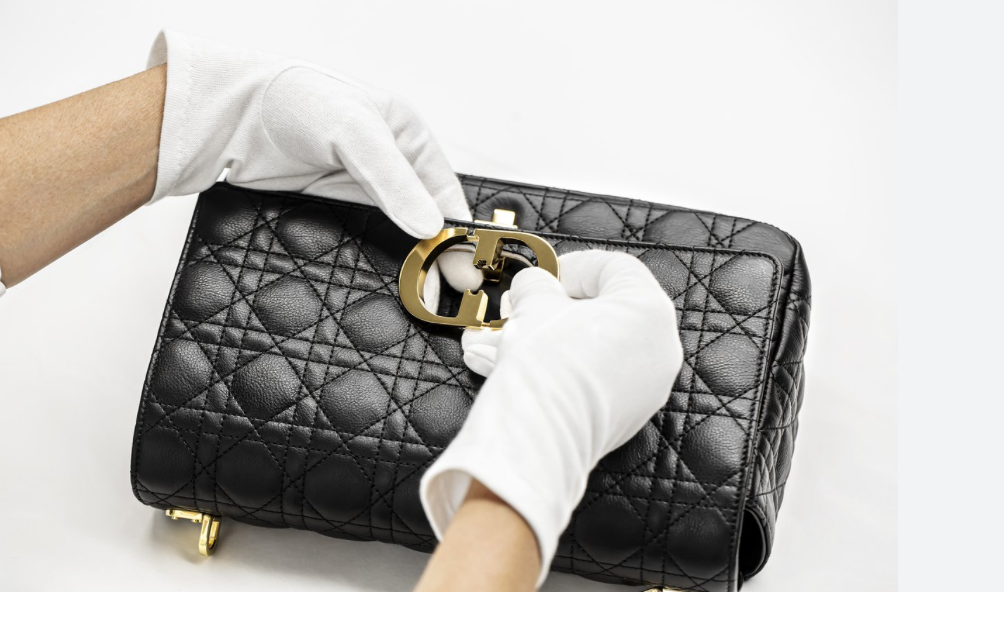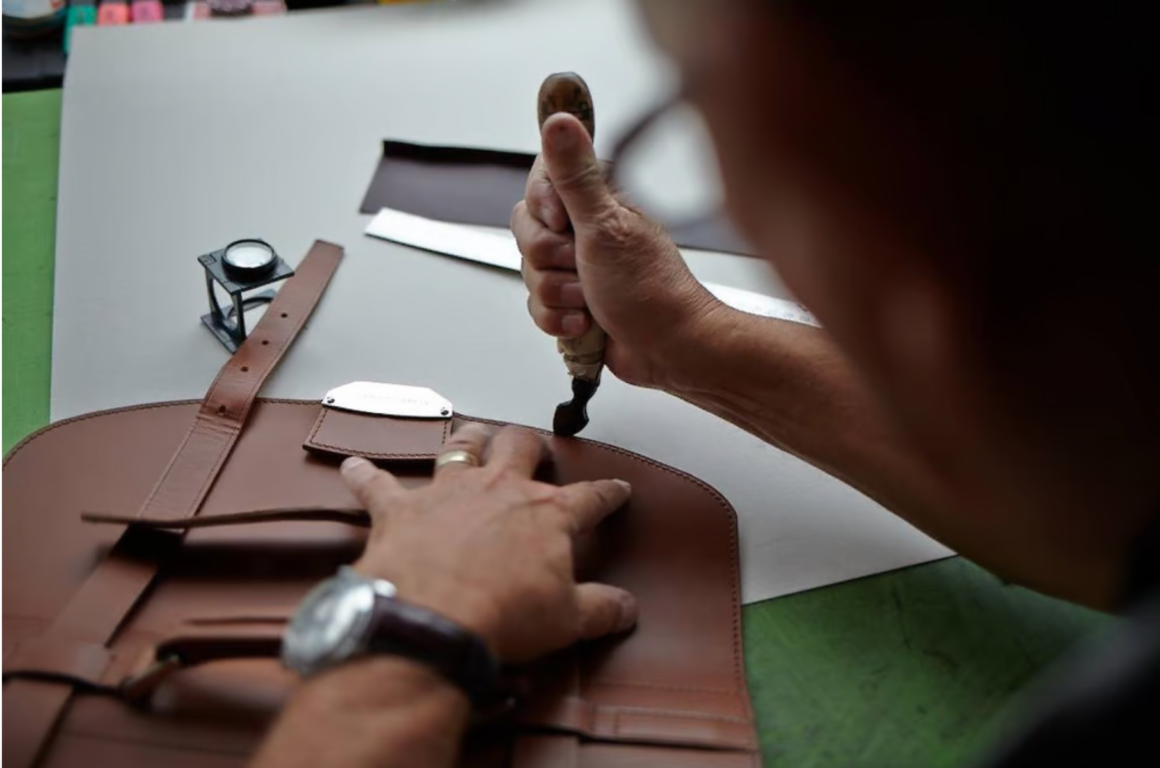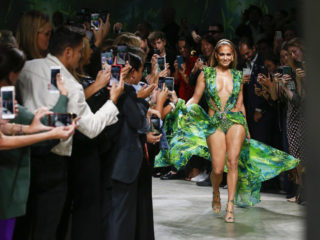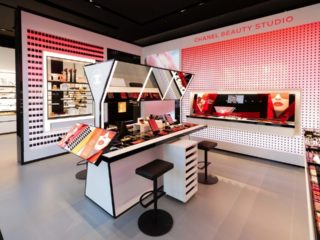The luxury industry is at a crossroads. Historically associated with exclusivity, quality, and heritage, the sector now faces unprecedented challenges. Issues surrounding complex, multi-tiered supply chains have come to the forefront, exposing unethical practices and forcing a reckoning with outdated systems. Simultaneously, new regulations such as the EU’s Corporate Sustainability Due Diligence Directive are demanding greater transparency and accountability, with severe penalties for non-compliance. For established Luxury brands, these shifts highlight the urgent need for reinvention—but for emerging luxury brands, they present a golden opportunity.
The Challenges of Complex Supply Chains
Luxury’s reliance on fragmented supply chains has often obscured oversight, enabling unethical practices to persist unnoticed. While legacy brands have implemented codes of conduct and third-party audits, these measures have frequently fallen short, failing to address the systemic issues that perpetuate labor violations and environmental harm. Trust in the industry has eroded, with consumers increasingly questioning whether luxury truly lives up to its promises of quality and ethical superiority.
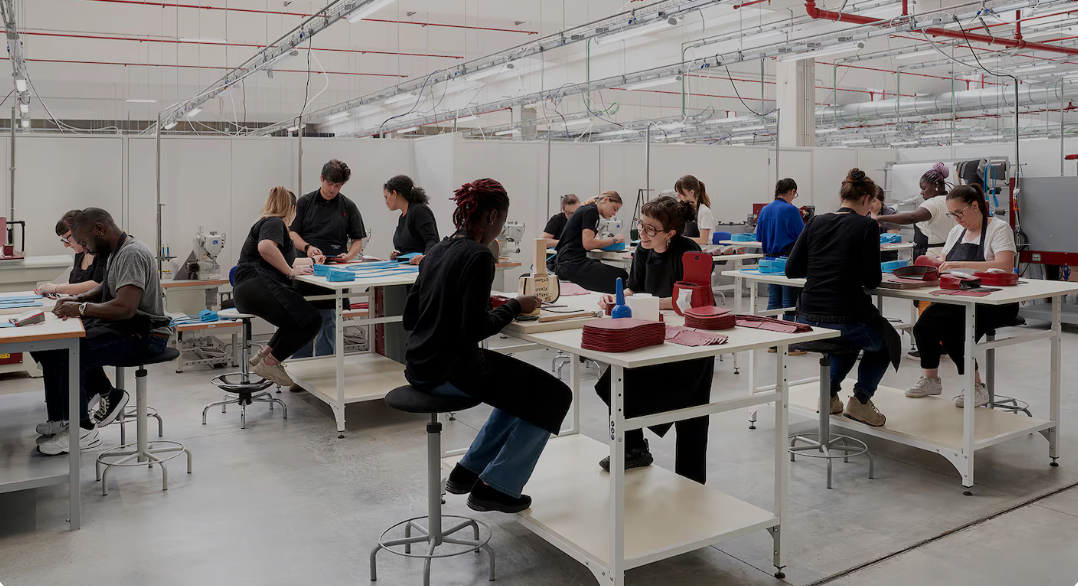
Consumers Are No Longer Easily Deceived
Today’s buyers are no longer willing to pay premium prices for products that fall short on quality, craftsmanship, or ethics. Luxury consumers expect their purchases to reflect the authenticity of traditional craftsmanship, not just marketing hype. They understand the value of a well-made product and are quick to recognize when a brand is cutting corners.
For established brands that have let quality stagnate or decline while raising prices, this growing awareness spells trouble. Many consumers now feel disillusioned by the lack of authenticity in traditional luxury. Younger generations are rejecting products that feel mass-produced or disconnected from the artisanal heritage that once defined the industry.
Shifting Consumer Expectations
The modern luxury consumer demands more than heritage and exclusivity. They want brands to align with their values, prioritizing transparency, sustainability, and respect for craftsmanship. This is where emerging brands have a distinct advantage.
With smaller-scale production processes, these brands can focus on quality and ethical practices, ensuring that every product reflects the care and authenticity that consumers crave. By doing so, they not only meet the expectations of today’s discerning buyers but also offer a sense of connection and integrity that many larger brands struggle to provide.
Regulatory Change as an Opportunity
The wave of new ESG (Environmental, Social, and Governance) regulations is leveling the playing field, forcing all brands to meet stricter accountability standards. For example, the EU’s Corporate Sustainability Due Diligence Directive requires proactive measures against labor violations, with fines of up to 5% of global revenue for non-compliance. Similar regulations in countries like Germany and Canada, alongside bans on forced labor in the US and EU, are reshaping the industry.
While these regulations may feel like hurdles for large, entrenched brands, they present a unique opportunity for emerging players. Smaller brands, with their simpler supply chains and operations, can more easily adapt to the new demands. By building transparency and sustainability into their processes from the outset, they can appeal to consumers seeking genuine alternatives to legacy luxury brands.
The Power of Smaller Productions
Emerging brands have another key advantage: their ability to produce on a smaller scale. This approach allows them to maintain closer oversight, ensuring their products uphold the highest standards of craftsmanship and ethical integrity. These qualities resonate with consumers who want their purchases to feel personal, meaningful, and reflective of true artistry.
Unlike mass-market luxury, which often prioritizes profit over quality, smaller brands can deliver on their promise of authenticity. They understand that modern consumers are looking for more than just a product—they want an experience, a story, and a sense of pride in what they own.
A New Era of Luxury
The luxury industry is undergoing a profound transformation. As legacy brands struggle to rebuild trust and adapt to stricter regulations, emerging brands are seizing the moment to redefine what luxury means for a new generation of buyers. Today’s consumers value quality, transparency, and respect for craftsmanship over empty promises of exclusivity. For retailers, sourcing from these emerging brands means offering customers an exciting, authentic alternative—products that align with their values and reflect the true essence of luxury
